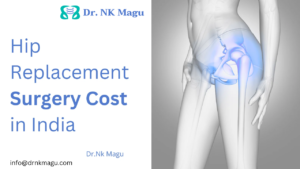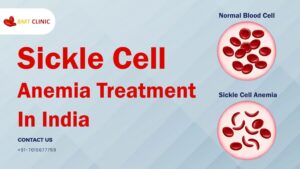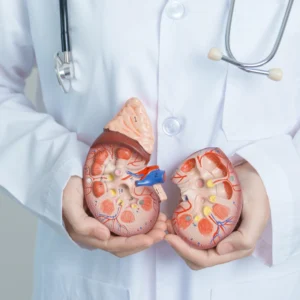The Importance of Water for Healthy Teeth in Hillcrest
Brushing and flossing often get all the credit when it comes to keeping teeth healthy, but water deserves a spot...
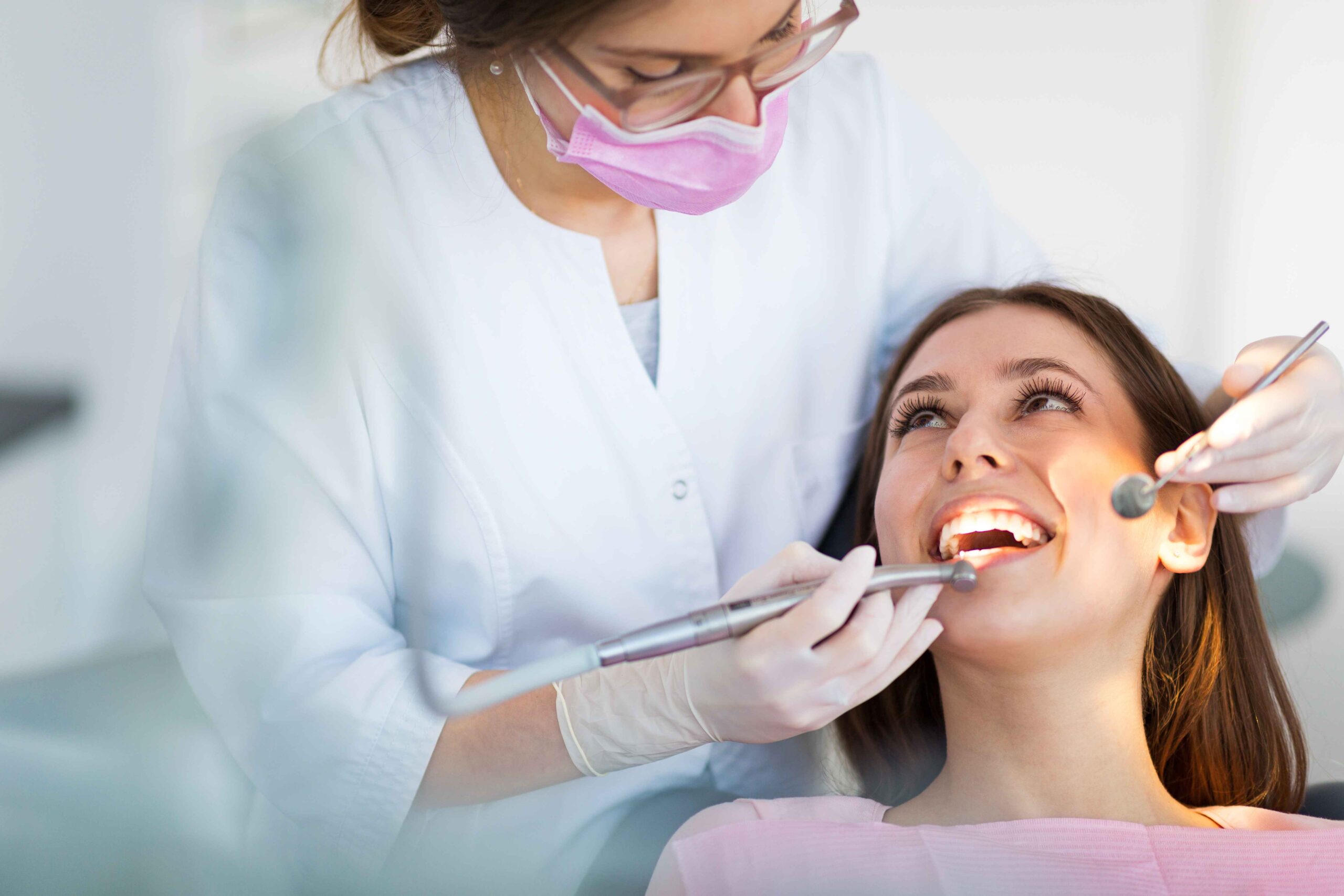
Brushing and flossing often get all the credit when it comes to keeping teeth healthy, but water deserves a spot in the spotlight, too. Staying properly hydrated does more than just quench your thirst — it plays a vital role in protecting your teeth and gums. From boosting saliva production to helping rinse away bacteria, water is a quiet hero in everyday oral care. Let’s explore why hydration should be part of your daily dental routine.
Why Hydration Matters More Than You Think
It’s easy to think of brushing and flossing as the heroes of oral care — and they are. But there’s another often-overlooked element that plays a crucial role in keeping your teeth healthy: water. From supporting enamel strength to keeping your mouth clean between brushes, drinking enough water each day can make a bigger difference than many realise.
Let’s unpack how something as simple as water helps protect your teeth — and why your tap might be doing more than just quenching your thirst.
How Water Naturally Protects Your Teeth
Water isn’t just a thirst-quencher — it actively supports your mouth in multiple ways.
Rinses Away Food and Bacteria
Water acts as a natural cleanser, washing away leftover food particles and sugars that might otherwise feed cavity-causing bacteria. Unlike acidic or sugary drinks, water doesn’t add to tooth decay risks.
Maintains Saliva Production
Dry mouth is more than just uncomfortable — it’s a dental issue. Saliva helps neutralise acids, digest food, and protect teeth from bacteria. Staying hydrated keeps saliva levels stable, which is essential for oral health.
The Role of Fluoride in Tap Water
In many areas of the UK, public tap water contains fluoride — a mineral known to strengthen enamel and prevent decay. While fluoride toothpaste helps, drinking fluoridated water gives your teeth ongoing low-level protection throughout the day.
According to the NHS, fluoridated water has been shown to reduce cavities by 26% in adults and 35% in children on average.
Note: Not all regions have fluoridated water. Always check with your local water supplier or dentist for area-specific info.

Impact of Hydration on Dental Treatments
Invisalign and Dental Implants
If you’re undergoing orthodontic or restorative treatment, staying hydrated becomes even more important.
For example, patients considering dental implants Hillcrest options need to maintain optimal gum and bone health. Dehydration can lead to dry mouth, which increases bacterial activity — not ideal when healing or maintaining implants.Similarly, Invisalign Hillcrest users should keep their mouths moist to avoid aligner irritation and reduce the risk of trapped debris.
Here’s how hydration supports treatment:
| Treatment Type | How Water Helps |
| Dental implants | Aids healing, keeps gums healthy |
| Invisalign aligners | Prevents dryness, lowers decay risk |
| General restorations | Reduces plaque and acid build-up |
What Happens When You Don’t Drink Enough
Low water intake doesn’t just dry your mouth — it creates a perfect environment for oral health problems:
- Dry mouth (xerostomia) – less saliva means more bacteria and bad breath
- Higher acid exposure – saliva neutralises acid; dehydration reduces this buffer
- Increased risk of decay and gum disease –Dry mouths increase the risk of tooth decay
Even tools like invisalign Hillcrest can become less effective if your mouth stays dry or unclean for extended periods. Aligners can trap bacteria and sugar around teeth, heightening the risk of cavities — particularly when hydration is low.
Water vs Other Drinks
It’s not just about what you drink — it’s also about what you don’t drink. Many beverages are acidic or sugary, and frequent exposure can wear away enamel.
| Beverage | Effect on Teeth |
| Water | Neutral ph, rinses away debris and acid |
| Fruit juices | High in natural sugars, acidic |
| Fizzy drinks | Strongly acidic, erodes enamel |
| Alcohol | Dehydrates, increases gum sensitivity |
| Milk (unsweetened) | Neutral, contains calcium |
Choosing water over these drinks, especially between meals, gives your teeth a break and helps maintain a healthy oral environment.
What Kind of Water Is Best?
For most people in the UK, tap water is perfectly suitable — and in many cases, preferable due to its fluoride content. Bottled water may not contain fluoride and some varieties, such as sparkling water, can even be mildly acidic.Still, drinking any clean, fluoride-safe water is better than not drinking enough at all.
Tips to Increase Your Water Intake
You don’t need to overhaul your lifestyle to stay better hydrated. Here are a few simple ways to up your intake:
- Start the day with a glass of water before tea or coffee
- Keep a reusable bottle with you at all times
- Drink a few sips after every meal or snack
- Swap one sugary drink daily for water
- Add fruit slices (like lemon or cucumber) if you need variety
Not only will your overall health benefit, but your teeth will thank you, too.
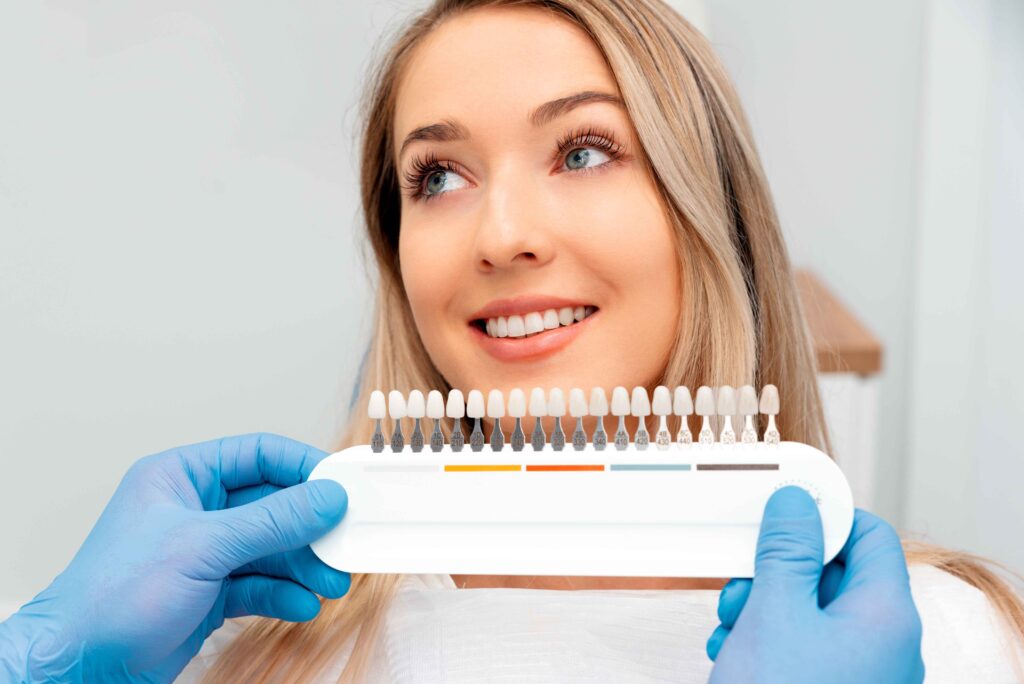
Realistic Dental Advice for Smokers
Smoking contributes to dry mouth and limits blood flow to the gums, both of which can hinder healing, especially if you’re undergoing dental implants Hillcrest treatments. Hydration supports your body’s ability to fight back against these side effects, and while quitting is the goal, drinking more water can be a helpful step forward.Also, for patients using Invisalign Hillcrest, smoking can stain aligners and increase acidity in the mouth. Regular water intake can help reduce those effects, flush out harmful residues, and keep your treatment on track.
Conclusion
Water may not come in a fancy bottle or promise instant results, but its impact on your oral health is long-lasting and vital. From strengthening teeth to supporting treatments like implants and aligners, hydration is an essential part of keeping your smile strong. At Smilo Dental Implants Group, we care about the small daily choices that lead to healthier mouths, and drinking more water is one of the simplest ones to get right.



